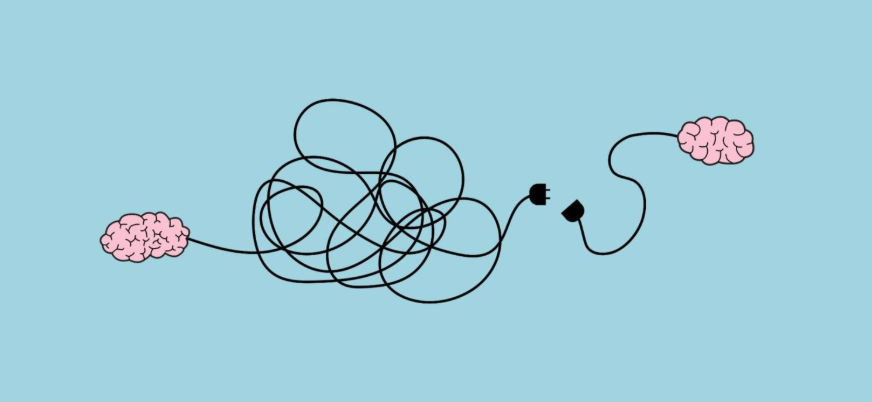
The End-of-Summer Slump:
September 9, 2025
Managing Back to School Stress
September 20, 2025Counselling is meant to be a safe space where you can explore your thoughts, feelings, and life experiences without judgment. But here’s something many people don’t realize: you have an active role in shaping your therapy to work best for you.
Speaking up about what you want, whether it’s the pace, the focus, or the tools used, can make your sessions far more effective. Research shows that the therapeutic alliance (the collaborative bond between you and your therapist) is one of the strongest predictors of positive outcomes in counselling. When you feel safe, respected, and understood, you’re more likely to see meaningful progress (Flückiger et al., 2018).
That alliance is built not only on your therapist’s skill but also on your willingness to share what’s working for you and what isn’t. This is where asking for what you need becomes a powerful part of the process.
Understand That Therapy is a Collaboration
A lot of people arrive in counselling thinking they need to simply follow the therapist’s lead. But in reality, therapy is most effective when it’s a two-way street. Your therapist brings professional expertise, while you bring lived experience and self-knowledge.
Imagine your therapist as a hiking guide- you’re the one who knows your stamina, comfort level, and destination. They can suggest paths, but your input ensures the journey matches your needs.
Notice Your Reactions- They’re Valuable Data
Pay attention to how you feel during and after sessions. Do you leave feeling lighter and more hopeful? Or do you leave feeling unsettled, drained, or unclear?
These reactions are important feedback. For example:
- If you often feel flooded or overwhelmed, it might mean the pace needs to slow down.
- If you feel stuck, you may need to shift the focus or try a different approach.
- If you feel energized, you can explore what made that session so effective.
Finding your own method to record these reactions can create useful insights to share with your therapist.
Practice Direct, Compassionate Communication
Therapists are skilled at reading between the lines, but they can’t read minds. The more clearly you share your needs, the better they can tailor the work to you. It is building clarity and trust.
This also builds skills you can use outside therapy: setting boundaries, speaking your truth, and asking for support.
Learn About the Process
Sometimes, therapy can feel like a bit of a mystery. Understanding why your therapist uses certain techniques can make the work more transparent and less intimidating.
You might ask:
“What’s the goal of this exercise?”
“Can you explain how this approach works?”
“Are there other ways we could explore this?”
Therapists often appreciate these questions- it shows you’re invested in the process. And the more you understand, the more empowered you’ll feel in the work.
Let Your Needs Evolve
The therapy you need today might look different in six months. Early sessions might focus on stabilizing a crisis, while later sessions shift toward long-term growth. Or you might start with a high level of structure and gradually move toward a more open-ended style.
Regular check-ins about focus, pace, and style help keep therapy aligned with your current life and goals.
The Bigger Picture: Why This Matters
When you advocate for yourself in therapy, you’re not just improving the sessions- you’re also practicing self-advocacy in a safe, supportive space. Over time, this skill can spill over into other areas of life: relationships, work, and personal boundaries.
The research is clear: the quality of the therapy relationship matters more than the specific techniques used. By speaking up, you strengthen that relationship and increase the likelihood of lasting, meaningful change.
Final Thoughts
You deserve a therapy space where you feel seen, heard, and understood. Asking for what you need is part of building the bridge between where you are and where you want to be. Your voice isn’t just welcome in counselling- it’s essential.
At OK Clinical, we offer therapy as well as several specialized services such as EMDR, Neurofeedback, Psychological Assessments, and much more that may help support you in your needs. Please feel free to explore our website, or contact us directly at [email protected] or 250-718-9291 and our team would be happy to connect with you..
- Flückiger, C., Del Re, A. C., Wampold, B. E., & Horvath, A. O. (2018). The alliance in adult psychotherapy: A meta-analytic synthesis. Psychotherapy, 55(4), 316–340. https://doi.org/10.1037/pst0000172

Written by: Maya Tekavcic
To book: Click Here!





